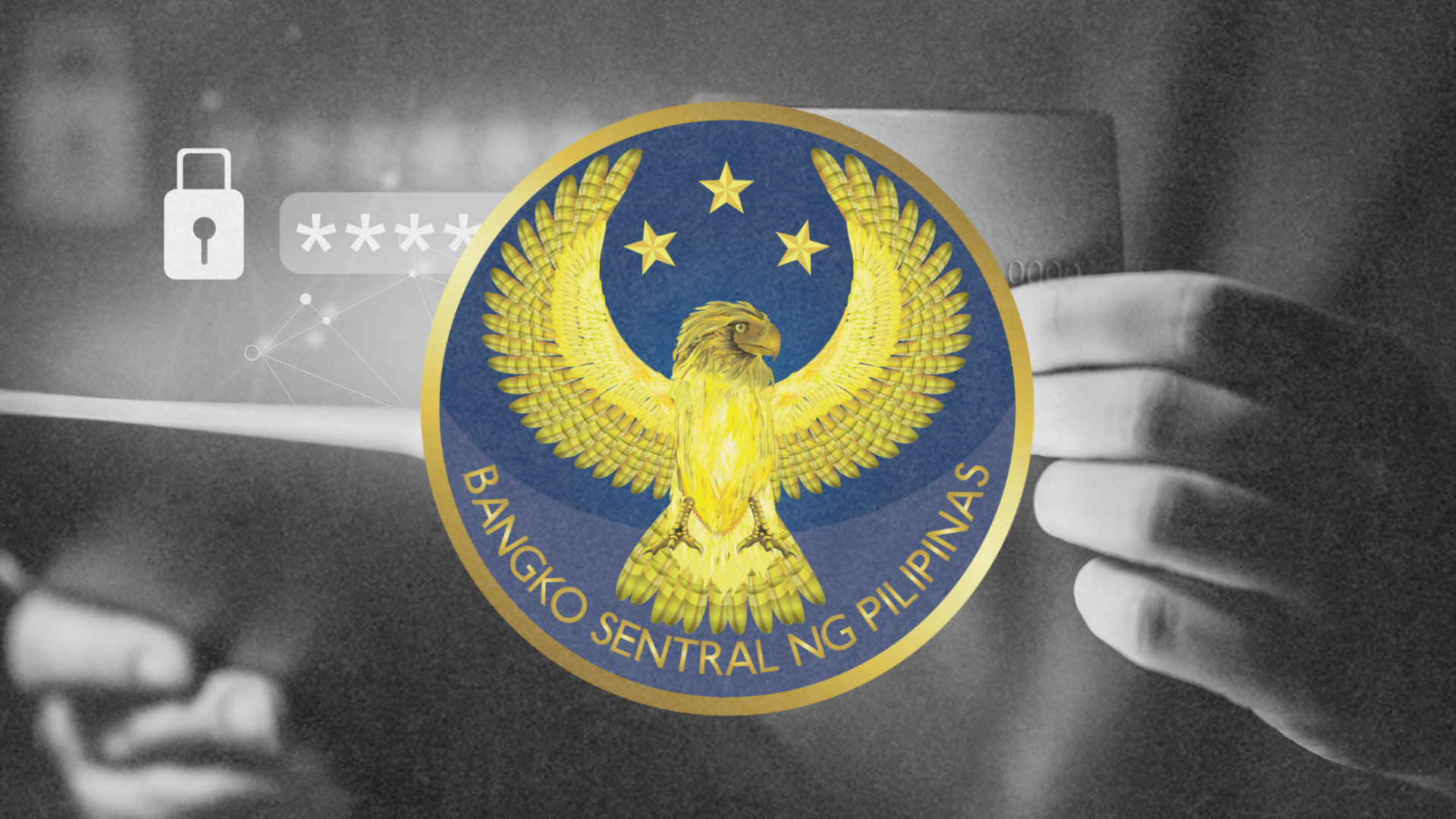Much has been said about the recent visit of Pope Francis to the Philippines. From a security point of view, of particular interest was the disabling by telecommunications companies of mobile phone signals in the areas where the Pope was, upon government directive.
Since current technology evidently is still in evolution, the shutdown of mobile phone services in these areas resorted in disruption of mobile phone signals even in areas outside the Pope’s itinerary.
Success speaks for itself, so no one can question that the security measures undertaken, including those involving disruption of cellular phone signals, brought about a safe and peaceful visit by the head of the Catholic Church. Neither can anyone seriously question the need to undertake whatever measures may be necessary to secure the life of the Pope, who by his position is a target for every crackpot with an axe to grind.
However, the five-day loss of mobile communications in large swaths of Metro Manila certainly resulted not only in loss of convenience, but no doubt in some cases inability to address urgent issues, e.g., medical emergencies, messages pertaining to a death in the family, etc.
Considering that this is not the first time the government has ordered the disruption of mobile phone services (in 2012 during the procession of the Black Nazarene in Manila the government stated that it was necessary to block mobile phone signals to prevent the detonation of a terrorist bomb), one begins to wonder what the legal basis for the government is to disrupt mobile phone service.
Telecommunications companies operate by virtue of a government franchise (similar to airline and bus companies), which allows them to operate to meet the need of the public for the service they offer.
An entity that holds a government franchise must abide by its conditions, including obeying lawful government directives for the public welfare.
Hence, it could be argued that it is valid for the government to order telecommunications firms to shut down their service to forestall threats to public safety.
However, considering that it is becoming clear that the government is all too willing to resort to this measure, the question arises of what the next situation will be when citizens will suddenly find that their mobile phones are useless. Perhaps the next big anti-corruption rally? Or maybe even during the birthday of the President (whether the incumbent or his successor)? After all, it would be all too easy for the government to invoke “public welfare” in directing telecommunications firms to shut down mobile phone service.
Citizens must be vigilant against any attempts by the government to unjustifiably curtail their rights, in this case the right to free and unhampered use of their mobile phones.
Hence, citizens must scrutinize the next declaration of suspension of mobile phone service by the government. Is it truly justified, or is it nothing but a political whim?
In the case of the latter, citizens must go to court in order to assert their rights. Unless they do this, it is not only their mobile phones that will be unavailable when someone attempts to call – the right to freedom and fair play that are guaranteed to all will likewise be beyond the reach of the citizenry.
———————
Atty. Rodrigo G. Moreno earned his Juris Doctor Degree from the Ateneo De Manila University School of Law, and is the Founding Partner of Moreno and Associates, a Law Firm that specializes in Litigation and Labor and Employment Disputes. He is also the Vice Chairman and General Counsel of Gun Owners in Action, or Go Act, a Non-Stock, Non-Profit organization that advocates for the right of all responsible citizens to arm themselves, and in a broader sense espouses personal security and safety in the community.
Questions and comments may be sent to rgmorenolaw@gmail.com





